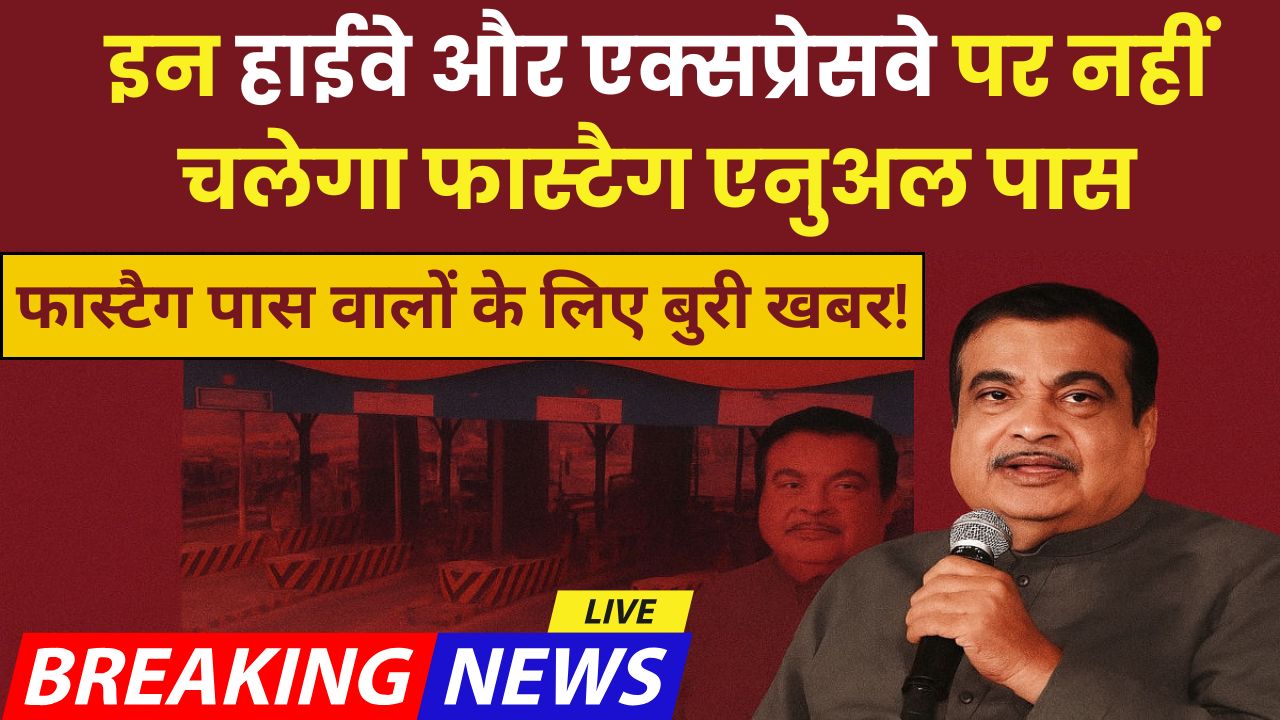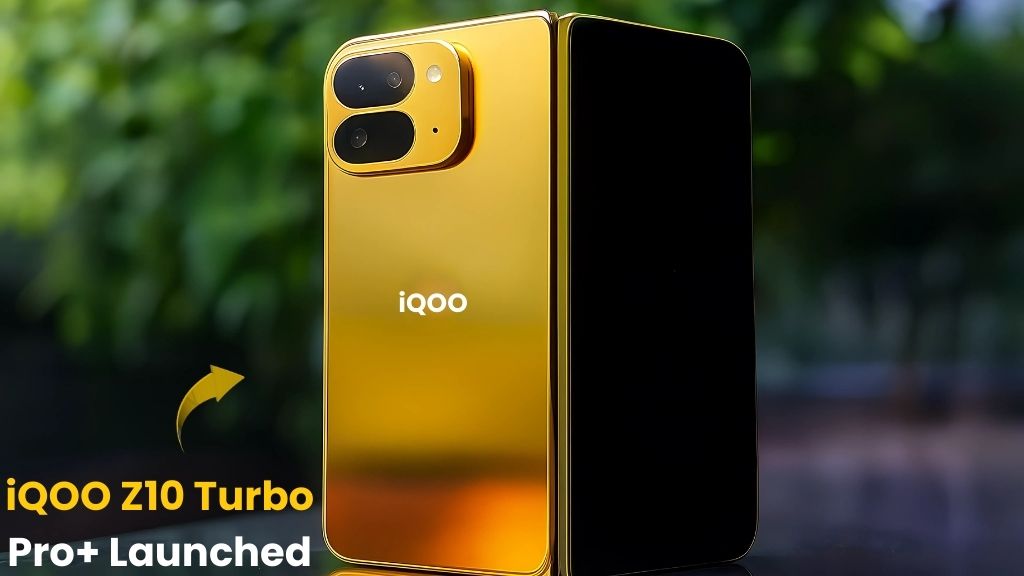If you thought the new Fastag Annual Pass would give you a smooth, toll-free ride across India’s highways, there’s a catch you must know. Launched by the government from August 15, this scheme promises major relief to frequent travelers—but it comes with a twist. Reports confirm that several major national highways and expressways are excluded from this facility, leaving many users surprised and worried. So what exactly is the Fastag Annual Pass, where will it work, and where will it fail you? Let’s break it down.
What is the Fastag Annual Pass?
The Fastag Annual Pass is a prepaid pass introduced to reduce the hassle of toll payments for regular commuters. Priced at ₹3000 per year, it allows up to 200 trips annually—roughly 16 to 17 trips every month. For traders, logistics operators, and people shuttling between cities on a daily or weekly basis, this could be a game-changer.
By eliminating frequent stops at toll plazas, the scheme is designed to save time, fuel, and money, while also reducing congestion and emissions caused by vehicles halting repeatedly.
Key Benefits That Attracted Travelers
For thousands of motorists, the announcement of this scheme sounded like a golden deal. Here’s why:
- Time Saving: No more waiting in endless toll queues.
- Fuel Efficiency: Vehicles no longer need to stop and restart frequently, which wastes fuel.
- Economical: Frequent travelers would spend far less compared to regular toll charges.
- Eco-Friendly: Reduced stop-and-go traffic means lower carbon emissions.
In short, the scheme promised speed, savings, and sustainability. But here’s the catch.
Where the Pass Will Not Work – Major Highways Excluded
Despite its advantages, the Fastag Annual Pass will not be valid across all routes. This revelation has left many commuters frustrated, especially those traveling on India’s busiest highways.
Some of the excluded national highways include:
- NH-44: Srinagar to Kanyakumari (India’s longest highway)
- NH-19: Delhi to Kolkata
- NH-16: Kolkata to Chennai
- NH-48: Delhi–Mumbai–Chennai corridor
- NH-27: Porbandar to Silchar
- NH-65: Pune to Machilipatnam
Travelers on these roads will still need to rely on regular Fastag deductions or cash payments.
Expressways Left Out Too
Not just highways—the exclusion list also extends to several key expressways.
Some of the major expressways not covered are:
- Delhi–Mumbai Expressway
- Mumbai–Nashik Expressway
- Mumbai–Ratnagiri Expressway
- Chennai–Salem Expressway
- Delhi–Meerut Expressway
- Eastern Peripheral Expressway
- Ahmedabad–Vadodara Expressway
For drivers who commute daily on these stretches, the Annual Pass won’t bring any relief.
Why Isn’t It Valid Everywhere?
The reason lies in India’s toll management system. Not all highways and expressways fall under the same authority:
- Some are maintained by NHAI (National Highways Authority of India).
- Others are managed by state governments, private companies, or PPP models.
Because each authority has its own toll policies, a single nationwide pass isn’t feasible yet. This makes the Annual Pass valid only on NHAI-operated highways, limiting its reach.
Traveler Reactions and Concerns
Since the news broke, reactions have been mixed.
- Frequent city commuters on NHAI roads welcome the scheme, calling it a cost-effective and time-saving step.
- Long-distance travelers, however, feel disappointed. Many argue that excluding major national corridors defeats the purpose of the pass.
- Logistics companies point out that most of their operations involve highways like NH-44 and NH-48, where the pass won’t help.
Some even worry about confusion at toll plazas, where drivers might assume their pass is valid only to face penalties or disputes later.
What to Check Before You Buy
If you are considering buying the Fastag Annual Pass, here’s what you must keep in mind:
- Check your route: Confirm whether the highways or expressways you use frequently are covered under the scheme.
- Verify on NHAI website or helpline: Always cross-check before travel.
- Maintain Fastag balance: For excluded routes, normal toll deductions will still apply.
- Keep cash handy: Sometimes, network issues may cause Fastag to fail.
Will the Scheme Expand in Future?
Government sources suggest that this is a pilot project. The long-term goal is to bring all highways and expressways under a unified toll collection system, making the Annual Pass truly national. Talks with state governments and private operators are already underway.
If successful, the scheme could revolutionize road travel in India—much like metro smart cards transformed urban transport.
Should You Buy the Fastag Annual Pass?
The answer depends on your travel pattern.
- If you travel 150+ times a year on NHAI-managed highways, this pass can save you money and time.
- If your routes primarily include excluded highways or expressways, stick with regular Fastag.
Conclusion – A Step Forward, But Not Perfect Yet
The Fastag Annual Pass is a progressive move to simplify travel and reduce toll hassles, but its limited applicability means it’s not the universal solution many were hoping for. For now, commuters must stay informed, plan routes carefully, and be aware of exclusions to avoid unpleasant surprises.
As the government works on expanding its reach, travelers can only hope that in the near future, one pass will open all highways and expressways across India. Until then, the Annual Pass remains a smart but selective travel companion.






